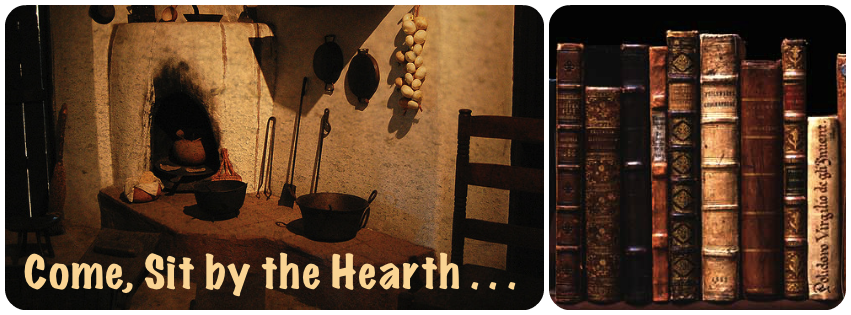Camille T. Dungy
(Is that not a beautiful smile?)
Camille is both poet and editor. Part of her drive has come from what she saw as the low number of African-American poets included in nature poem anthologies. She edited Black Nature: Four Centuries of African American Nature Poetry (2009), which was nominated for an NAACP Image Award.
Here are just a few of her poems:
Characteristics of Life
A fifth of animals without backbones could be at risk of extinction, say scientists.
—BBC Nature News
Ask me if I speak for the snail and I will tell you
I speak for the snail.
speak of underneathedness
and the welcome of mosses,
of life that springs up,
little lives that pull back and wait for a moment.
I speak for the damselfly, water skeet, mollusk,
the caterpillar, the beetle, the spider, the ant.
I speak
from the time before spinelessness was frowned upon.
Ask me if I speak for the moon jelly. I will tell you
one thing today and another tomorrow
and I will be as consistent as anything alive
on this earth.
I move as the currents move, with the breezes.
What part of your nature drives you? You, in your cubicle
ought to understand me. I filter and filter and filter all day.
Ask me if I speak for the nautilus and I will be silent
as the nautilus shell on a shelf. I can be beautiful
and useless if that's all you know to ask of me.
Ask me what I know of longing and I will speak of distances
between meadows of night-blooming flowers.
I will speak
the impossible hope of the firefly.
You with the candle
burning and only one chair at your table must understand
such wordless desire.
To say it is mindless is missing the point.
First Fire
Stripped in a flamedance, the bluff backing our housesquivered in wet-black skin. A shawl of haze tugged tightaround the starkness. We could have choked on August.
Smoke thick in our throats, nearly naked as the earth,we played bare feet over the heat caught in asphalt.Could we, green girls, have prepared for this? Yesterday,
we played in sand-carpeted caves. The store we builtsold broken bits of ice plant, empty snail shells, leaves.Our school’s walls were open sky. We reeled in wonder
from the hills, oblivious to the beckoningcrescendo and to our parent’s hushed communion.When our bluff swayed into the undulation, we ran
into the still streets of our suburb, feet burningagainst a fury that we did not know was change.
Pity
Christ bore what suffering he could and dieda young man, but you waited years to learnhow to heal. Only when you could did youtouch the man whose body blistered for yours.
You posted him no news for sixteen terms,then just a signed graduation notice.
The letter he wrote that week asked only,Now that your books are closed, can boys come in?
At your wedding, you buried the womanyou thought you knew inside a stranger’s name.
This is how you found yourself: thirty-three,nursing a son. Soon there was another.Your mind had already begun to walk.But you were a mother. Those cribs held you.
POETRY
* Smith Blue (2011) * Suck on the Marrow (2010) *
* What to Eat, What to Drink, What to Leave for Poison (2006) finalist for the PEN Center USA Literary Award *
AS EDITOR
* Black Nature: Four Centuries of African American Nature Poetry (2009) nominated for an NAACP Image Award *
* From the Fishouse: An Anthology of Poems that Sing, Rhyme, Resound, Syncopate, Alliterate, and Just Plain Sound Great (2009, co-editor) *
* Gathering Ground: A Reader Celebrating Cave Canem’s First Decade (2006, assistant editor) *
ALSO:


No comments:
Post a Comment